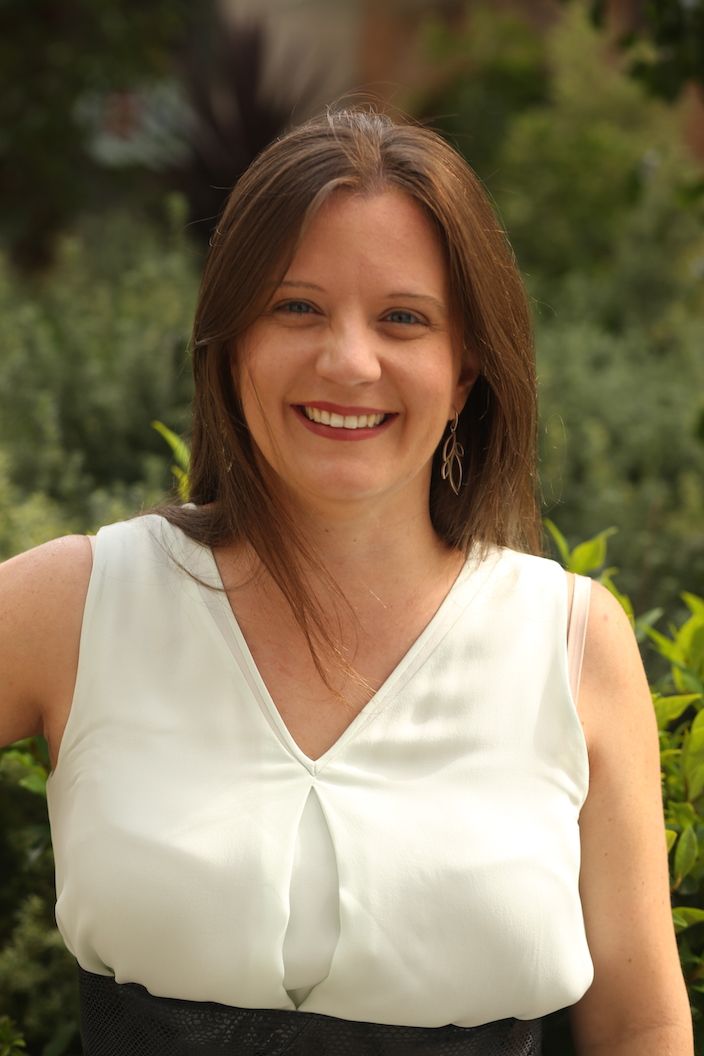
Last year I had minor eye surgery. As I laid back in the chair, the surgeon hesitated above me. “Do I know you?” he pondered. Confused, I murmured to the negative. He paused a moment longer and said, “My wife’s a teacher, and we’ve watched all of your accreditation courses over dinner!” I laughed a little, my mind too focused on the scalpel to process what he was saying. Later I recounted the story with a laugh to my friends and one of them commented on the power of online communities.
Much is happening in the world that makes each of us feel isolated. A void in visionary leadership, increasing disparity of access to success, rising inequity in conditions, a failing environment and a global pandemic are just a few things that can leave us exhausted. Tiredness can affect our ability to reach out and connect and, coupled with physical restrictions on movement, many have felt increasingly alone in these fraught times.
Growth of an online service
One of the great joys in my role as the union's Professional Officer has been the establishment and growth of an online service to members. The live online sessions have included professional development, information sessions, branch and committee meetings. The move to online, and later at night, meant that we could engage with members who couldn’t travel to face to face meetings, whether due to geographical hurdles or simply that they had to care for family members. A different section of our membership activated and became vocal members of the union. It was exciting to see.
Members have flocked to the professional development program in particular, creating some of the largest gatherings in our union’s history. The ‘Responding to bushfire trauma’ course ran with close to 300 members, drawn together by a common event that affected their work and personal lives.
The four ‘Behaviour management’ courses have averaged 250 members per session and the five ‘Anxiety’ courses have engaged close to 600 members at time of writing. Last year, the LGBTQI+ program brought similar numbers across its many demanded repeats and the accreditation and voice care courses continue to be popular.
Growing sense of community
But the story goes beyond numbers. It is actually about the members and the growing sense of community that is arising. Members have been drawn to the PD as the union runs topics that aren’t easily accessible in their workplaces but have direct impact on the members, their work and their safety. Members began to volunteer as presenters in our Tips from Members series, book clubs and education debates.
Early in 2019’s LGBTQI+ program I saw a member type into the chat window, “I feel alone at my school on this issue.” It took a moment, but other members began to type out similar feelings of isolation. I’ve seen similar statements in the voice care course, where members who lost their voice felt detached from the workplace due to a very common, but largely unaddressed workplace injury. With the anxiety and trauma courses came a sense of camaraderie that everyone was working through personal and professional struggles in 2020. The behaviour courses highlighted that no member was alone in recognising that they needed to reflect on their practice.
In all courses I saw members reaching out with ideas and resources, with reassurances and care for each other. Friendships have started forming, and I know a few have created chat groups on topics they wanted to continue exploring together.
Some members watched as married couples, some as parents and grown children, all union members together. Most watched while eating dinner, and many in their pyjamas. The union is back as a topic of conversation at the dinner table, as is activism and change mindsets. An online meeting place brought members virtually together, and it has been inspirational to watch our members flourish.







































































































































